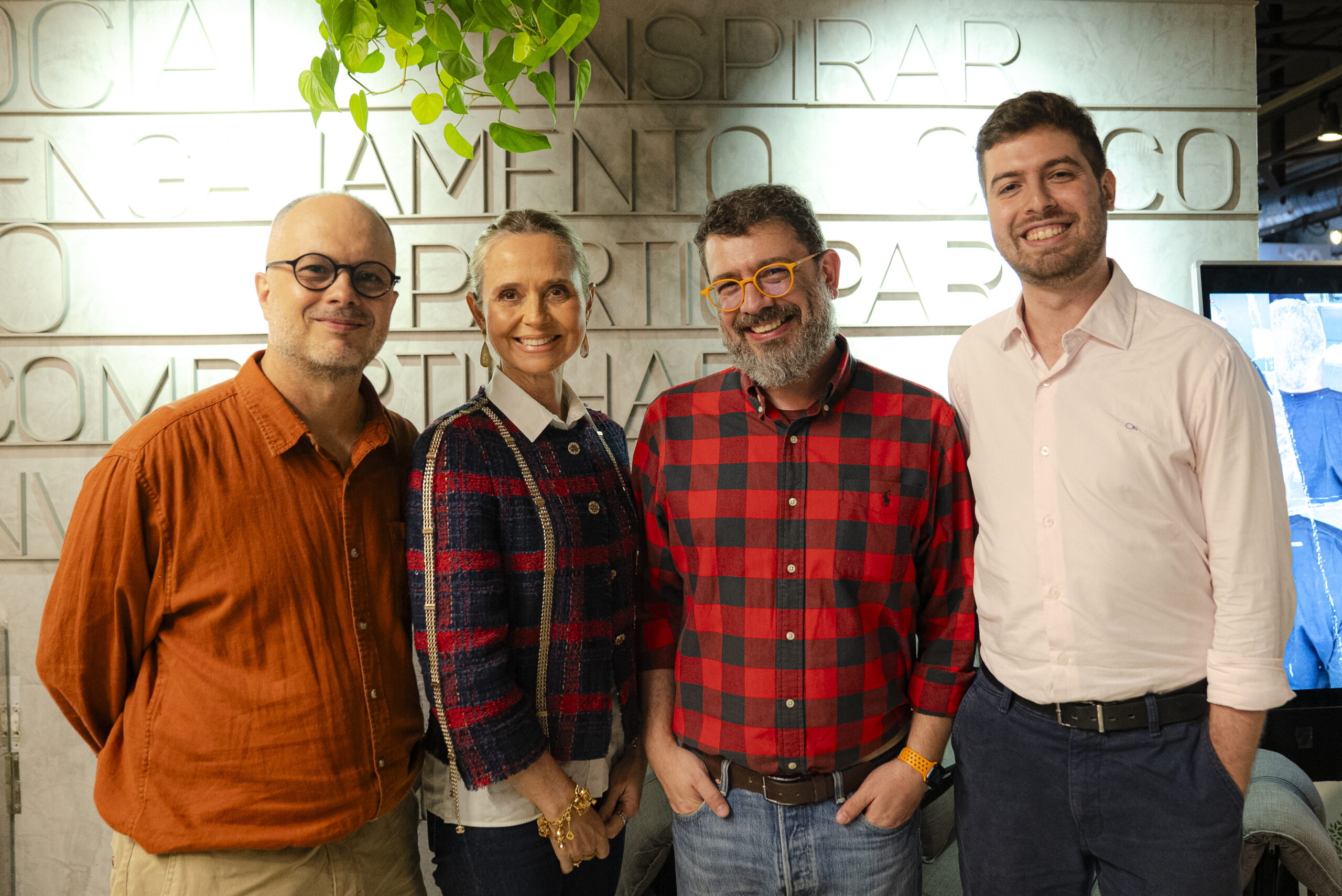On May 14, Patricia Villela Marino, president of the Humanitas360 Institute and co-founder of CIVI-CO, hosted a gathering to discuss the growth of Brazil’s evangelical population and its impact on Brazilian society. Historian and anthropologist Juliano Spyer was invited to share his research, presenting the lecture “2020: The Decade of Evangelicals,” followed by a panel discussion with journalist Pedro Doria from Canal Meio and invited guests.
At CIVI-CO’s auditorium, Spyer presented a comprehensive analysis of the evangelical segment, emphasizing how the group is more diverse and complex than commonly perceived. He also outlined the social functions performed by churches, which in many low-income neighborhoods serve as an “informal welfare state,” providing support networks and meeting needs of people not always reached by government services or the market.
The presentation’s title itself reflects the exponential and continuous growth of Brazil’s “crentes” (or “believers”): while Mar Asset Management projects that the evangelical population should reach 35.8% of the population (between 60 and 80 million people) by 2026, an earlier study by demographer José Eustáquio Diniz Alves estimates that by 2032, Protestant denominations will have surpassed Catholicism in Brazilian religious affiliation. “If the projection is correct, we are less than 10 years away from an unprecedented movement in modern history: a country changing its religion without war,” the historian stated.
The event also featured a book signing for “Crentes: Pequeno Manual sobre um Grande Fenômeno” (Believers: A Brief Manual on a Great Phenomenon) published by Editora Record, written by Juliano Spyer alongside pastor and theologian Guilherme Damasceno and anthropologist Raphael Khalil. The book makes accessible a diverse range of information about the evangelical universe, from basic concepts and vocabulary to differences between denominations, while addressing sensitive topics such as religion’s influence on politics and the role of civic participation in churches.
Regarding the latter theme, which sits at the heart of concerns for the H360 and CIVI-CO ecosystem, the authors write: “Those who participate more within religious spaces have greater prestige in their community’s mutual aid networks. The majority of Brazilian evangelicals are low-income and marginalized people; in workplaces, these workers typically find themselves in situations where they must wear uniforms, their names go unrecognized, and they must follow orders. The church subverts this reality. There, the faithful have a name, wear their finest clothes, and through participation, gain recognition.”
Check out the video below to see how the event unfolded:





